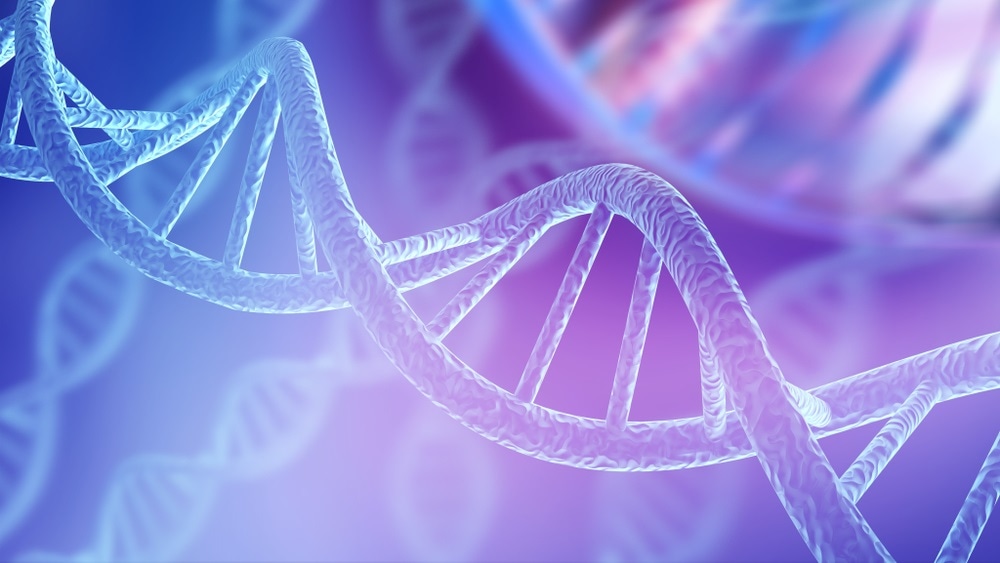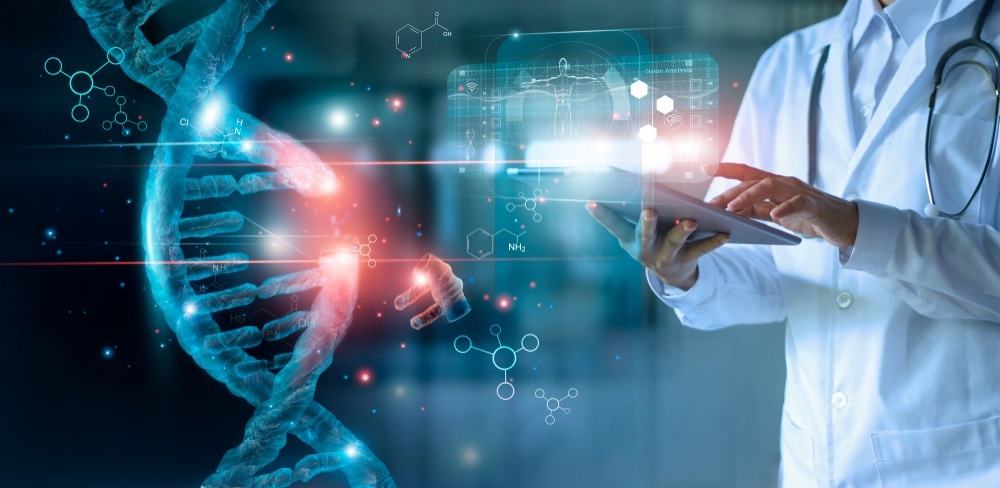The study of these unique substances in each of us paves the way for a revolution in the treatment and prevention of diseases, allowing for early diagnosis and increasingly targeted pharmacological treatments.
Prof. Vassilios Fanos is Full Professor of Pediatrics at the University of Cagliari, of which he also directs the Postgraduate School, and is Director of Intensive Care at the AOU of the city. For 14 years, with a group of clinicians with different skills - pediatrician, neonatologist, clinical pathologist, laboratory technician, cardiologist, bio computer scientist ... - he has been working on the decoding of Metabolomics.
What is Metabolomics?
It is a very versatile technology that systematically studies metabolites, that is, those substances of small molecular weight and size (carbohydrates, peptides, amino acids, lipids, vitamins ...) present in cells, tissues, organs and biological fluids and which Taken all together, they constitute the metabolomic profile, the individual imprint of each of us, the extreme uniqueness. In fact, each of us has a unique metabolic footprint and the ability to grasp this uniqueness is essential to move increasingly towards precision medicine, tailored to each individual. What emerges from these metabolic studies is, in fact, our extraordinary inter-individual variability.
What is the difference compared to DNA?
DNA refers to the genome, but downstream of the genome there is, in addition to the transcriptome and proteome, the metabolome. To explain it in simple terms, the genome indicates what could happen in the individual, while the metabolome what really happens from the interaction between genome and epigenome, that is, between genetics and environment.

Image Credit:Shutterstock/BillionPhotos
What contribution does technology make to research in this field?
Great. In fact, Metabolomics is based on two sequential steps: the first consists of an analytical technique based on very sophisticated technologies, among which Nuclear Magnetic Resonance* stands out; the second is a statistical processing, also very sophisticated, which consists in dosing, through very advanced software, all the metabolites of the organism, which are then placed in descending hierarchical order and associated until sensitivity and specificity are maximal . The standardization of this very sophisticated and complex technology is essential to have a "language" common to all the various Centers in the world in which it is used, which allows data to be analyzed, compared and reproduced.
Are there already practical applications of this technology?
To date this is still a translational research, so the technology is still not very widespread, but the evolution will certainly be that of being able to use it in hospitals at the patient's bed, to have more and more early diagnoses, to anticipate the effect of a drug on a patient, (pharmacometabolomics) but also for prevention. Since the metabolome expresses the interaction between DNA and the way in which it interacts with the environment, in fact, this will allow us to be able to act on those external factors such as lifestyle or nutrition, based on the characteristics of everyone's metabolism.

Image Credit:Shutterstock/PopTika
In what areas in particular are you developing clinical research on metabolomics?
To date, prenatal aspects are one of the areas of greatest interest of our working group, especially for those pathologies that cause high neonatal mortality. The first published work was dedicated to neonatal sepsis, which takes away one million newborns every year, but there are also important studies on neonatal asphyxia and prematurity, which are also the cause of one million deaths each. Additional topics of study are amniotic fluid in cytomegalovirus infections, placenta in obesity, gestational diabetes, inborn errors on metabolism, breast milk, the autism spectrum and, in adults, some forms of cancer. Another fascinating area of study is Sportomics, aimed at preventing injuries to athletes and, lately, we are also collaborating with the European Space Agency in the study of the macrobiota in the astronaut's diet.
How can this approach help in understanding Covid-19?
Metabolomics can certainly be a valuable aid in understanding why the infection, which affects apparently identical subjects in terms of weight, age, sex, can evolve in an absolutely different way in everyone. It is clear that the way the organism reacts to each of them is different, but current protocols are unable to predict what will be the evolution of the disease. With this technology, however, we will be able to anticipate the diagnosis, to predict the course of the disease and therefore to intervene to reduce mortality and negative outcomes.

Image Credit:Shutterstock/Sutthituch
What do you see in the near future of this technology?
In the database of medical publications today over 50 thousand are dedicated to Metabolomics. By stealing a slogan that I really like "I do not predict the future, but I observe it, because the future is here.
Contacts
Prof. Vassillis Fanos
Director of Neonatal Intensive Care AOU of Caglairi
S.S. 554 (Sestu junction) - Po
tel .: + 07051093403
mail: [email protected]

*Research use only. Bruker NMR instruments are not intended for use in clinical diagnostic procedures.